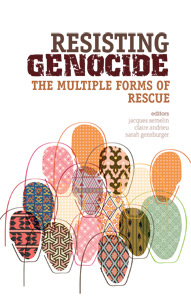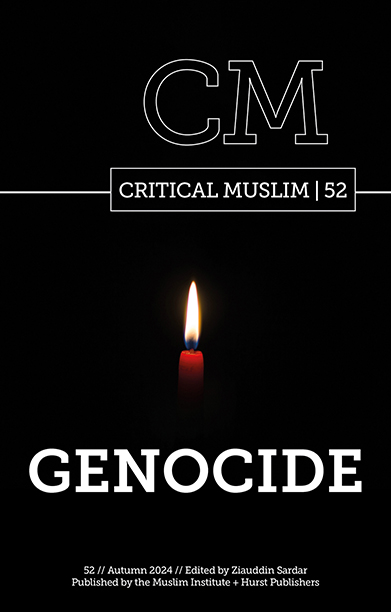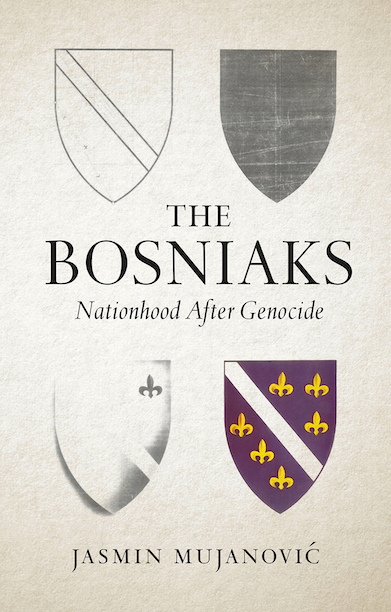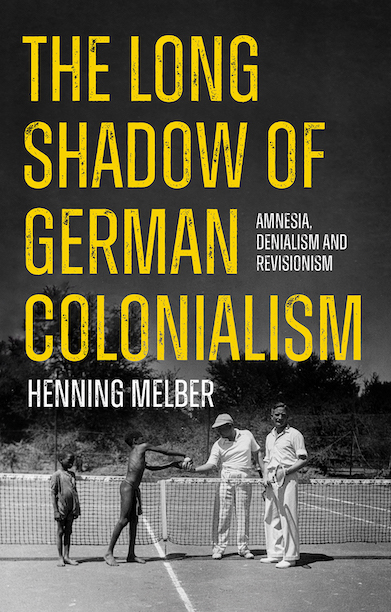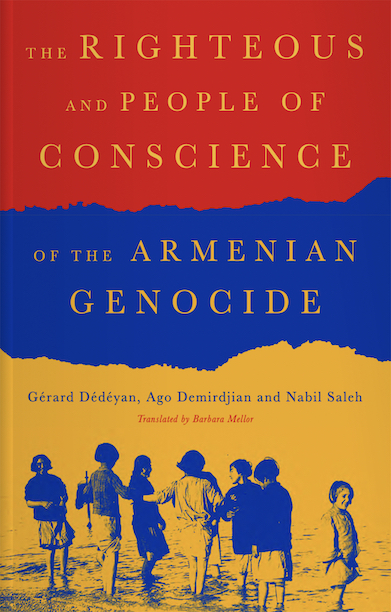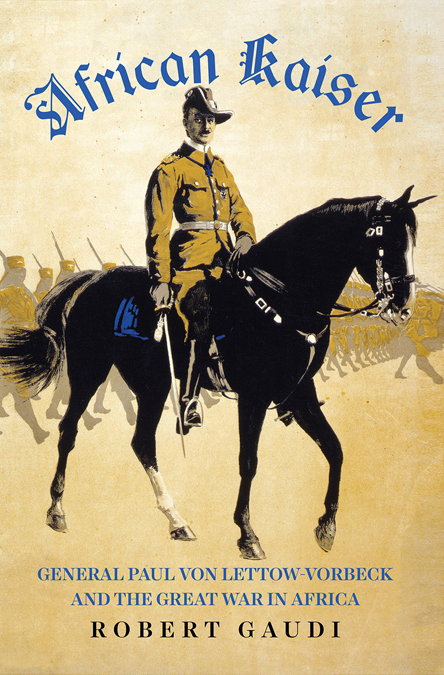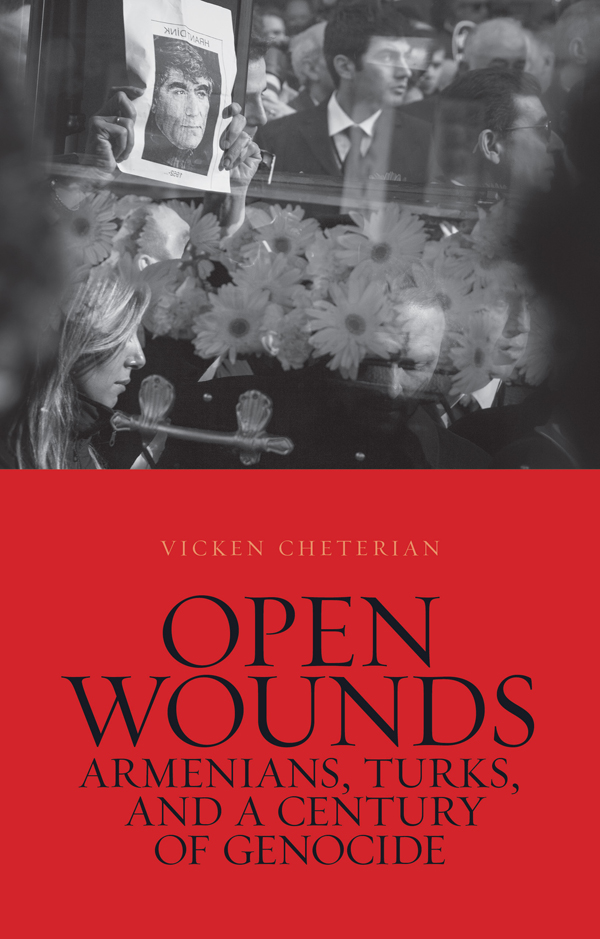Description
Every genocide in history has been notable for the minority of brave individuals and groups who put their own lives at risk to rescue its would be victims.
Based on three case studies – the genocides of the Armenians, the Jews and the Rwandese Tutsi – this book is the first international comparative and multidisciplinary attempt to make rescue an object of research, while breaking free of the notion of ‘The Righteous Among the Nations’. The result is an exceptionally rich and disturbing volume. While it is impossible to distill or describe what makes an individual into a rescuer, acts of rescue reveal a historical fact: the existence of an informal, underground network of rescuers – however fragile – as soon as genocides get underway, and in every geographical and social context.
Reviews
‘A unique offering among the literature on genocides – of the highest quality – the scholarship is impeccable’. — Gerard Prunier, author of The Rwanda Crisis: History of a Genocide
Editor(s)
Jacques Semelin is Professor Emeritus of History and Political Science at Sciences Po, CERI, CNRS, Paris, focusing on the Holocaust and mass violence, as well as civil resistance and rescue. He is the author of the classic Unarmed Against Hitler: Civilian Resistance in Europe, 1939–1945, and Purify and Destroy:The Political Uses of Massacre and Genocide.
Claire Andrieu is professor of contemporary history at Sciences Po, Paris. She co-edited the Dictionnaire De Gaulle with Philippe Braud and Guillaume Piketty (Robert Laffont, 2006) and contributed to the Dictionnaire historique de la Resistance edited by Francois Marcot (Robert Laffont, 2006). Her books about the French Resistance deal with its political project (Le programme commun de la Resistance, Editions de l'Erudit, 1984; and a co-edition: Les nationalisations de la Liberation, Presses de Sciences Po, 1987). As a former member of the Fact-Finding Mission on the Spoliation of Jews in France, she published several books on spoliations and restitutions. Her current research is on the behaviour of European civil population toward fugitives in World War II.
Sarah Gensburger obtained a PhD in sociology from EHESS, on the expression of memory through the title of "Righteousness". Her publications include 'De Jerusalem a Kigali. L'emergence de la categorie de "Juste" comme paradigme "memoriel"' in Caroline Hahnel-Mesbard et al. (eds.), Cultures et memoire. Representation contemporaines de la memoire dans les espaces memoriels, les arts du visuel, la literature et le theatre (Edition de l'ecole polytechnique, 2008); with Agnizeszka Niewiedzial, 'Figure du Juste et politique publique de la memoire en Pologne: entre relations diplomatiques et "structures socials"',Critiques Internationale 1, 2007, and 'Les figures du "Juste" et du resistant et l'evolution de la memoire historique francaise de l"'Occupation"', Revue francaise de sciences politiques, 52 (2-3), 2002.
